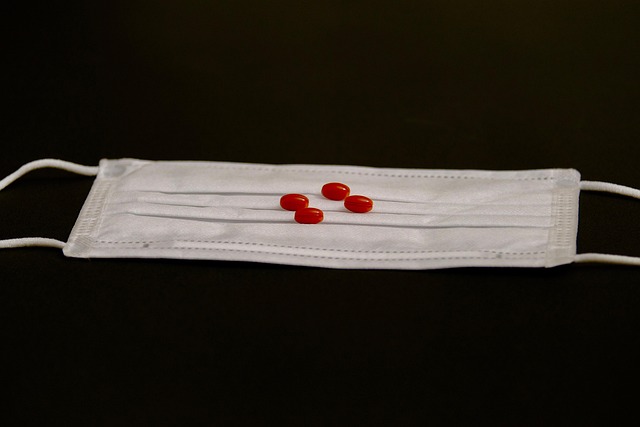
Vertigo and Its Medications
Vertigo can feel like a wild amusement park ride gone wrong. One minute you’re standing still, and the next, the world is spinning like a DJ at a rave. If you’ve ever experienced this sensation, you know it can be pretty disorienting. But fear not! There are medications that can help you regain your footing and keep your stomach from staging a revolt. Let’s dive into the world of vertigo medications and how they can help you feel more like yourself again.
What Causes Vertigo?
Before we get into the meds, it’s essential to understand what’s causing your dizzy dance. Vertigo can stem from various issues, particularly involving the inner ear or brain. Some common culprits include:
- Benign Paroxysmal Positional Vertigo (BPPV): This is a fancy way of saying that tiny crystals in your inner ear have decided to throw a party where they don’t belong, causing you to feel dizzy when you move your head.
- Ménière's Disease: This one’s a bit trickier, involving fluid buildup in the inner ear, leading to episodes of vertigo, ringing in the ears, and hearing loss.
- Vestibular Neuritis: Here, your vestibular nerve gets inflamed, likely due to a viral infection, resulting in a sudden bout of vertigo.
- Labyrinthitis: Similar to vestibular neuritis but with added ear infection flair, causing dizziness and hearing issues.
Medications for Vertigo
Now that we’ve got the science out of the way, let’s talk about the good stuff: medications. Depending on the underlying cause, various treatments can help ease the symptoms of vertigo, nausea, and dizziness.
Common Medications
Here are some of the most commonly prescribed medications for vertigo:
- Antihistamines: Medications like meclizine and dimenhydrinate can help combat nausea and dizziness. Think of them as the bouncers at the dizzy dance party, kicking out the unwanted symptoms.
- Anticholinergics: Scopolamine patches are a popular choice, especially for motion sickness. These patches are like tiny life preservers for your inner ear, helping to keep nausea at bay.
- Vestibular Rehabilitation Therapy (VRT): While not a medication per se, VRT involves specific exercises designed to help your brain adapt to the changes in your inner ear. It’s like a workout for your balance!
- Corticosteroids: If inflammation is the cause of your vertigo, corticosteroids may be prescribed to reduce swelling and improve symptoms.
When to Seek Help
If your vertigo episodes are frequent or severe, it’s time to consult a healthcare professional. They can help determine the underlying cause and recommend the best course of action. Plus, it’s always better to be safe than sorry—unless you’re trying to impress someone with your dizzying dance moves. 😅
Final Thoughts
Living with vertigo can be a challenge, but with the right medications and support, you can find your balance again. Whether it’s a simple antihistamine or a specialized therapy, there are options out there to help you navigate life without feeling like you’re on a rollercoaster. So, the next time the room starts spinning, remember: you’re not alone, and there’s help available!

















 Intercostal Nerves
Intercostal Nerves 
 Health
Health  Fitness
Fitness  Lifestyle
Lifestyle  Tech
Tech  Travel
Travel  Food
Food  Education
Education  Parenting
Parenting  Career & Work
Career & Work  Hobbies
Hobbies  Wellness
Wellness  Beauty
Beauty  Cars
Cars  Art
Art  Science
Science  Culture
Culture  Books
Books  Music
Music  Movies
Movies  Gaming
Gaming  Sports
Sports  Nature
Nature  Home & Garden
Home & Garden  Business & Finance
Business & Finance  Relationships
Relationships  Pets
Pets  Shopping
Shopping  Mindset & Inspiration
Mindset & Inspiration  Environment
Environment  Gadgets
Gadgets  Politics
Politics 